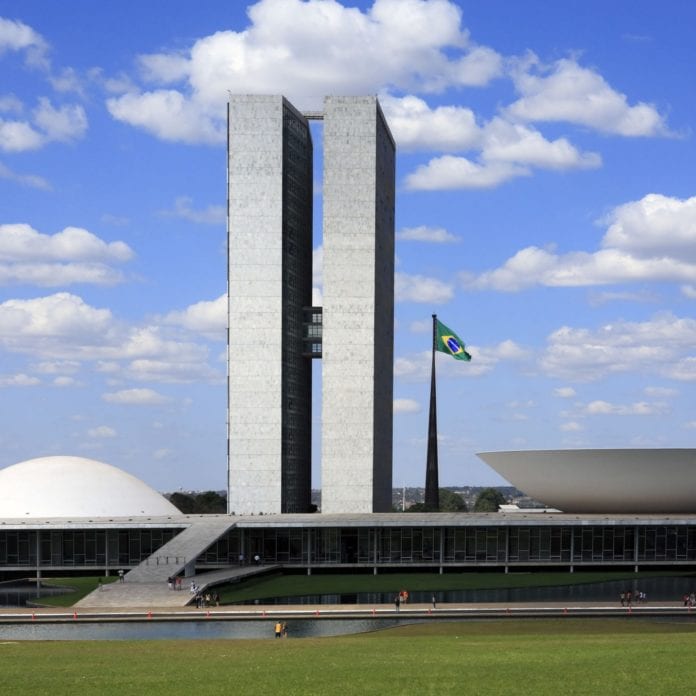Brazilian mobile operator Claro, owned by Mexican telecommunications group America Movil, announced plans to expand its 5G service in 12 additional cities before the end of the year.
Claro’s 5G service will reach Brasília, Porto Alegre, Goiânia, São Luís, Manaus, Belém, Guarulhos, Santos, Santo André, São Bernardo do Campo and São Caetano do Sul.
Claro launched its 5G network using a combination of 700 MHz, 1800 MHz and 2.5 GHz spectrum. The telco is using dynamic spectrum sharing technology from Ericsson to deliver 5G services via the same spectrum used for its LTE-A network. Testing of DSS technology began in October 2019, in partnership with Ericsson, Qualcomm and Motorola.
Claro launched 5G services in limited areas in Sao Paulo and Rio de Janeiro on July 14.
In Sao Paulo, 5G services is available in Avenida Paulista and Jardins, while the service is being gradually deployed in other districts including Campo Belo, Vila Madalena, Pinheiros, Itaim, Moema, Brooklin, Vila Olimpia, Cerqueira César, Paraíso, Ibirapuera, and Santo Amaro.
Meanwhile, 5G coverage in Rio de Janeiro initially reached Ipanema, Leblon and Lagoa. In a second phase, 5G will also reach other areas including Leme, Barra da Tijuca, Jardim Oceanico, Joa, Sao Conrado and Copacabana.
Claro also said that the company’s 5G expansion plan will use gear from Ericsson, Nokia and Huawei.
Rival operator TIM Brasil, the Brazilian arm of Telecom Italia, announced a 5G trial in the cities of Bento Gonçalves, in Rio Grande do Sul; Itajubá, in Minas Gerais; and Três Lagoas, in Mato Grosso do Sul. The company said it will use DSS technology as well as equipment from Nokia, Ericsson and Huawei.
Brazilian telecommunications regulator Anatel expects to hold an auction to award 5G spectrum during 2021. Even before COVID-19, the 5G spectrum auction schedule had been postponed from its initial March 2020 date, given the need to further investigate interference with other signals.
Late in March, Anatel indefinitely halted field tests for the 3.5 GHz frequency.
Anatel had previously confirmed that it would award spectrum in the 2.3 GHz and 3.5 GHz bands.
Brazil is proving to be a popular destination for 5G equipment vendors. Both Ericsson and Nokia have demonstrated significant interest in the South American country, with the former announcing plans to invest $238.3 million to install a new assembly line for 5G the country, and the latter hoping to attract opportunities in the market with the future auction of 5G spectrum. In fact, in a previous interview with Reuters, Nokia’s CTO in Latin America Wilson Cardoso, called Brazil’s 5G spectrum auction “the world’s biggest-ever.”

